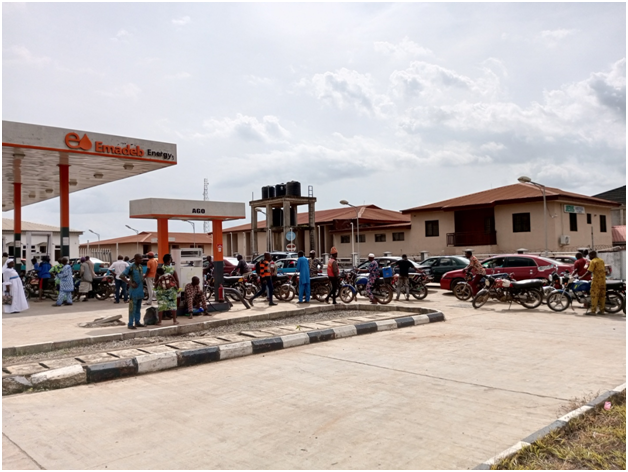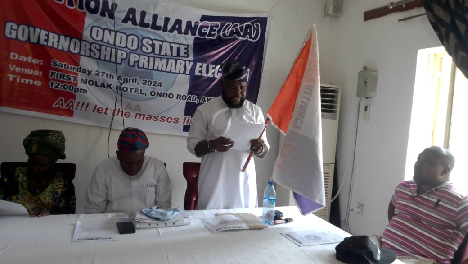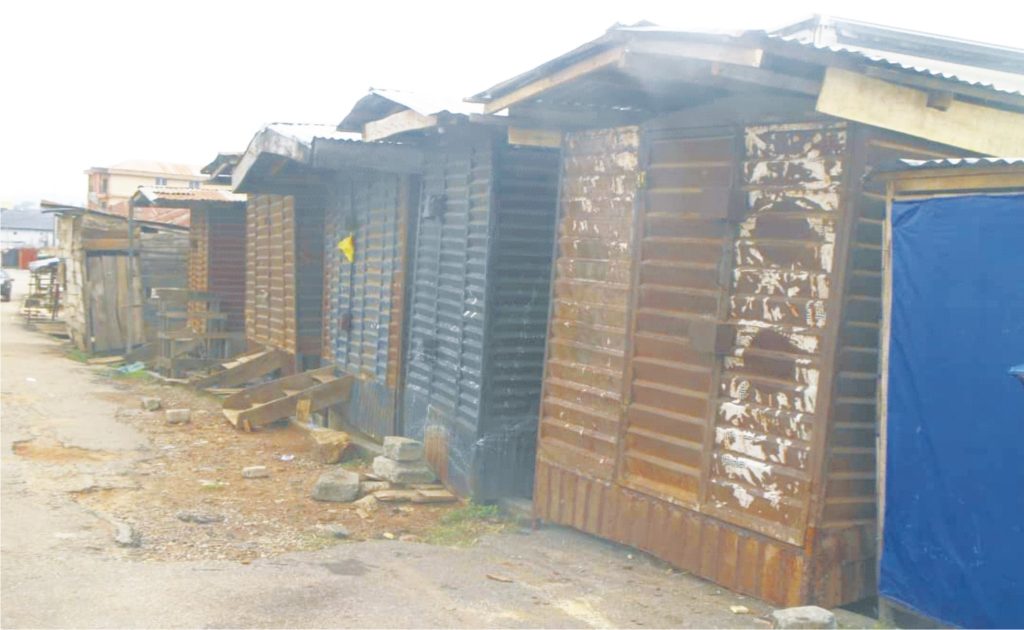Rate of maternal deaths in Nigeria
By Adedotun Ajayi
According to the World Health Organisation (WHO), Nigeria accounts for over 34 percent of global maternal deaths. The lifetime risk of dying during pregnancy, childbirth, postpartum, or after an abortion for a Nigerian woman is one in 22, compared to one in 4900 in developed countries.
WHO describes maternal death as the death of a pregnant woman due to complications related to pregnancy, underlying conditions worsened by the pregnancy or management of these conditions. This can occur either while she is pregnant or within six weeks of the pregnancy.
The high rate of maternal mortality in Nigeria has become so alarming that we must call on the health authorities to fashion out a blueprint that will extenuate this pressing challenge.
“The case of maternal mortality can be attributed to not being able to reach the hospital. If you add those ones who reached the hospital and are not attended to because of deposit, they are going to be between 30 to 40 per cent,” said Health Minister, Dr. Osagie Ehanire.
Ehanire said that the country experiences a maternal mortality ratio of 512 per 100,000 live births.
The minister said this during the national advocacy meeting last year with commissioners of reproductive, maternal, newborn, child, adolescent and elderly health plus nutrition multi-stakeholders partnership coordination platform.
He said, “the national demographic survey shows that maternal mortality ratio is 512 per 100,000 live births and adolescent contributes 40 per cent to these deaths.
“Moving forward, the National Adolescent Health and Development technical working group will provide technical guidance to the Federal Ministry of Health towards the implementation of adolescent health and development policy.”
He urged the government and stakeholders in the health sector to look deeply into the primary health care sector and make available facilities and human capital needed to make them function well to enable pregnant women have access to quality healthcare services at the grassroots to reduce the rate of maternal deaths recorded yearly.
“This will improve health and well-being of adolescent and young people in Nigeria”.
Representative of WHO in Nigeria, Walter Kazadi, added that the global body would continue to support the Nigerian government towards the reduction of the unacceptably high mortality rate among the vulnerable groups.
According to WHO, Maternal and infant mortality rates are more significant in the Northern Nigeria than in other parts. The alarming rate is exemplified by the northeastern region’s high maternal death rate, three times higher than the national average. The inability to obtain high-quality health care in most northern health facilities contribute significantly to this high maternal mortality rate.
Child marriage, which is commonplace in the north, promotes early childbearing, exposes young women to birth complications due to the immature nature of their bodies and prevents the education of girls. This is so even with Nigeria being a signatory member for the Universal Declaration of Human Rights and the African Charter on the Rights and Welfare of the Child. With over 80 percent of women with little or no media exposure in the north, this means that information about the benefits of education and health information do not get to most who stand to benefit from them.
It is thus necessary to gain community support to increase the legal age of marriage for girls in the north. This can be achieved through innovative means of media communication and new strategies for education which will encourage school attendance in the north. Even though Nigeria ratified the convention on the rights of the child, the problem has persisted in the region. Hence, government needs to call all stakeholders to recommit to the fight against child marriages and clearly delineate their roles. Meanwhile, they should also coordinate and properly structure interventions to prevent child marriages.
Ayodeji Ayanleye, a public health educator said that the Nigerian government have continuously paid lip service to the system of healthcare delivery especially as it affects maternal and child welfare. Though, states such as Ondo state have done an impressive job of creating healthcare centres in keys areas to support women, but it is not enough. Ondo state can not effectively represent Nigeria.
He added: “Preventing maternal mortality and improving the maternal health of Nigerian women needs a multifaceted undertaking. The combined efforts can be accomplished through the collective efforts of health care providers, members of society, and the government as a whole.”
In the same vein, a medical Doctor who doesn’t want his name in print said that most pregnancies in Nigeria are not planned due to the common mentality that God gives children and he’ll provide for them.
He further said that any effort by the government to drastically reduce maternal mortality rates must first address the root causes of delay in seeking health care, accessing healthcare and receiving help at the centre.
“The solution to high maternal death rate should start with empowering women through free and enforced basic education, scholarships, financial empowerment and sustainability through job creation, skill acquisitions, cultural and religious reformation, women advocacy, free maternal and health-care services in all over the country sponsored by state governments, individuals and organizations, equipment of hospitals and primary health centers with basic facilities for maternal care. Others include training and periodical retraining of traditional birth attendants, incentives for health care givers in the regions and to attract others clustered in other regions of the country, reasonable remuneration of health workers in the country to make them committed.”
According to Omowumi Taiwo, a Nurse Poverty mixed with ignorance is the underlying factor of maternal death in Nigeria
“Poor singles will be cajoled into getting married with the erroneous belief (ignorance) that he who finds a wife finds a good thing.
They will be pressured to keep making babies without recourse on to how to cater for the mother and the unborn child.
“Due to poverty and ignorance rather than seek proper help they will rely solely on prayers and good wishes which seems cheap but costlier in the long run when complications arise” she said.










